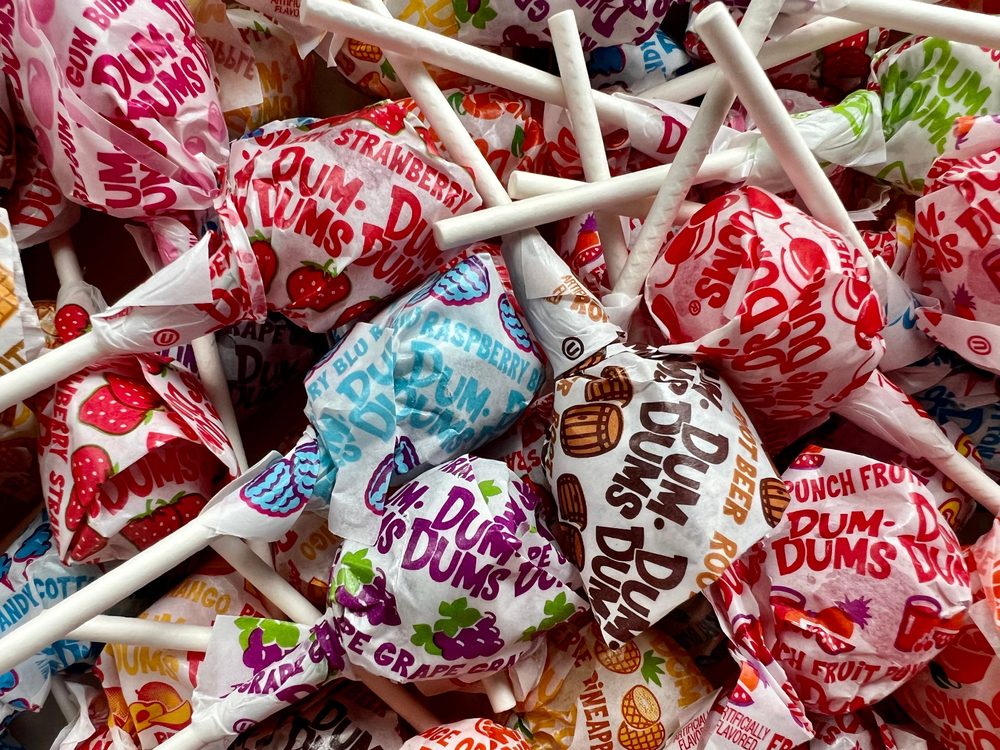New York City plans to renegotiate its controversial deal with Snapple after sales fell far short of expectations in city-owned buildings.
The exclusive deal, calling for Snapple to sell its beverages in city-owned buildings, has left the city $93 million short with only 50,000 cases sold in the first year of the deal instead of the promised 1 million. The $126 million deal was expected to bring in $66 million in cash and another $60 million worth of marketing. Another 70,000 cases of Snapple beverages are expected to be sold by April, which puts the deal at the end of its second year, The New York Times reported yesterday.
Snapple, a division of Cadbury Schweppes, is expected to reach goals set in a separate $40 million deal with the city’s schools.
The city conceded that a number of problems played into the shortage of sales including low foot traffic and buildings that could not accommodate the vending machines. Of the 3,500 machines expected to be installed after the February 2004 signing of the deal, only 700 are in place, the report said.
Officials at Snapple agreed that vending locations were a problem.
“The city was too ambitious with their ability to centralize their assets to provide viable vending locations,” said Jack Belsito, president, Snapple Distributing Company, in a statement. “Without the vending locations, we weren’t able to meet the aggressive sales goals. We remain committed to the city and believe that a marketing partnership is in both of our best interest. Snapple’s hometown is NYC and we’re proud of the work we are doing through the partnership and on behalf of NYC schools.”
The city’s Franchise and Concession Review Committee made the decision to take another look at the contract.
The five-year deal was fraught with controversy from the start.
The city’s Comptroller, William Thompson, had called for deal to be cancelled (it was announced in September 2003) and audited saying the city may have failed to conduct a fair and open competitive process in the award of the agreement and that a conflict of interest had created problems with Octagon, the Department of Education’s marketing agent (Xtra Dec. 9, 2003).
On Wednesday, Thompson released a statement saying his office had not changed its view with regard to the deal.
“The comptroller’s office is not at all surprised that New York City Marketing is now seeking authorization to renegotiate the Snapple vending and marketing agreement,” Thompson said. “It was a deeply flawed, backroom deal from the start…Now is not the time to renegotiate the contract, but to rebid it in an open, competitive manner.”
 Network
Network

